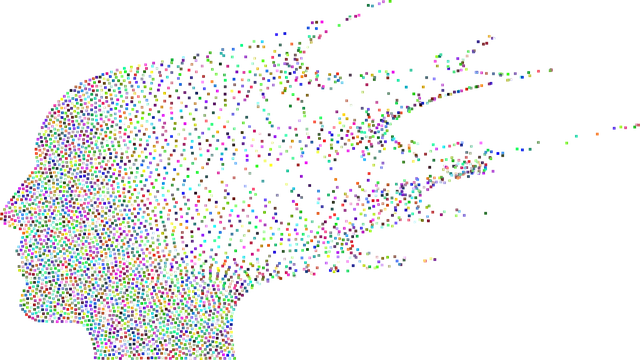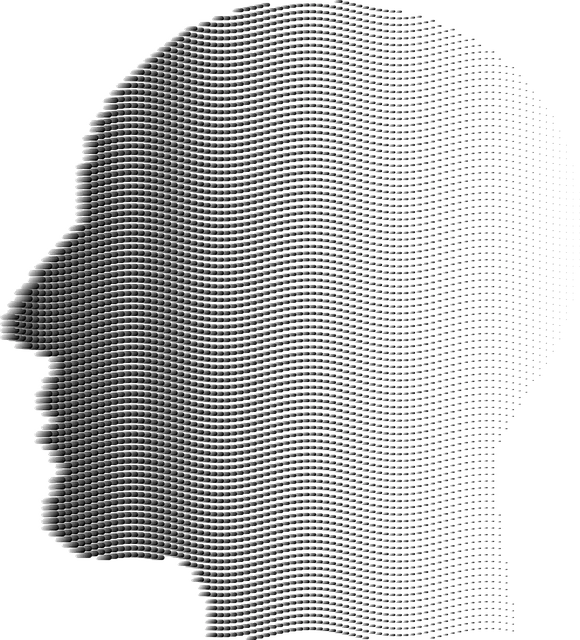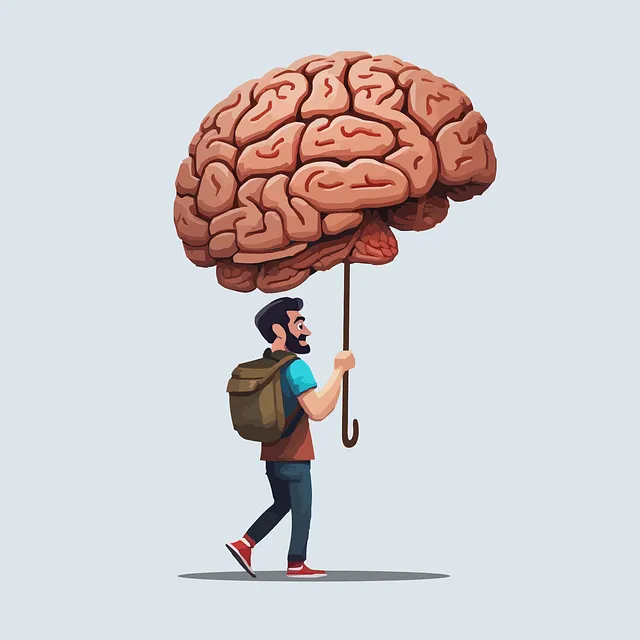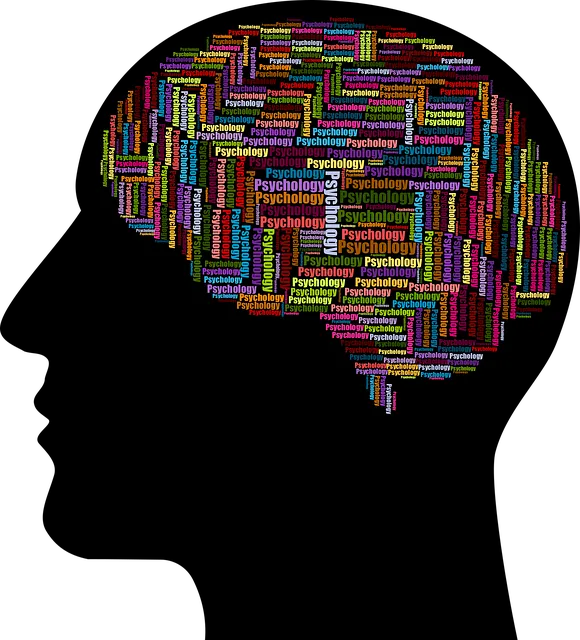The Louisville Kaiser Permanente Mental Health Access Center prioritizes cultural competency training to address the diverse mental health needs of the city's population. By equipping healthcare providers with skills in self-esteem improvement, culturally sensitive self-care, and bias recognition, the center ensures holistic, tailored care. This comprehensive approach leads to better patient outcomes, increased engagement, and reduced dropout rates, revolutionizing mental health support in Louisville.
Louisville’s Kaiser Permanente Mental Health Access Center faces a critical need for cultural competency training among its healthcare providers. This article explores the significance of understanding cultural nuances in delivering effective care, focusing on improving patient outcomes in a diverse community. We examine the impact of cultural sensitivity training and provide insights into implementing and evaluating successful programs tailored to mental health providers at the center. Enhancing cultural competency is key to fostering trust and ensuring quality mental healthcare for all Louisville residents.
- Understanding Cultural Competency in Healthcare: A Need for Louisville's Kaiser Permanente Mental Health Access Center
- The Impact of Cultural Training on Patient Care and Outcomes
- Implementing and Evaluating Effective Cultural Competency Programs for Mental Health Providers
Understanding Cultural Competency in Healthcare: A Need for Louisville's Kaiser Permanente Mental Health Access Center

In the diverse community of Louisville, the Kaiser Permanente Mental Health Access Center plays a pivotal role in addressing mental health concerns. However, providing effective care requires more than just clinical expertise; it necessitates cultural competency. Cultural competency involves understanding and appreciating the unique cultural backgrounds, beliefs, and values of individuals and communities, especially those from underrepresented groups. For instance, Louisville’s diverse population includes many who may have specific mental health needs shaped by their cultural identities.
At the Kaiser Permanente Mental Health Access Center, recognizing the importance of cultural competency is crucial for delivering holistic care. By incorporating training in this area, healthcare providers can better serve the mental health needs of Louisville residents. This includes learning about self-esteem improvement techniques tailored to diverse cultures, fostering inner strength development, and supporting the creation of effective self-care routines that respect individual cultural practices. Such an approach ensures that everyone receives culturally sensitive care, fostering a more inclusive environment for all Louisvillians seeking mental health support.
The Impact of Cultural Training on Patient Care and Outcomes

Cultural competency training significantly enhances patient care and outcomes, especially at centers like Louisville Kaiser Permanente’s mental health access center. By equipping healthcare providers with the knowledge and skills to navigate diverse cultural backgrounds, these programs foster better communication, empathy, and understanding of patients’ unique needs. This, in turn, leads to more accurate diagnoses and effective treatment plans tailored to individual cultural contexts.
For instance, Louisville Kaiser Permanente’s Mental Health Access Center has implemented comprehensive mental health education programs that emphasize cultural sensitivity and coping skills development. These initiatives have not only improved patient access to mental wellness coaching programs but also enhanced the quality of care provided. The center’s success demonstrates how cultural competency training can revolutionize healthcare delivery, ensuring that all patients receive respectful, culturally appropriate care, regardless of their background.
Implementing and Evaluating Effective Cultural Competency Programs for Mental Health Providers

Implementing cultural competency training programs is a vital step for mental health providers to improve patient outcomes and ensure equitable care, especially in diverse communities like Louisville. The Louisville Kaiser Permanente Mental Health Access Center has been at the forefront of this initiative, offering comprehensive training that delves into various aspects of cultural competence. This includes understanding ethnic and racial identities, exploring unconscious biases, and learning effective communication strategies to build trust with clients from different backgrounds. By fostering an environment where providers feel empowered to navigate cultural differences, the center aims to enhance the delivery of mental health services.
Evaluation is a critical component of these programs, allowing for continuous improvement. The Mental Health Access Center employs a multi-faceted evaluation approach, measuring participant knowledge gain, attitudinal changes, and perceived competency improvements. This process involves pre- and post-training assessments, focus groups, and feedback surveys. By analyzing these data, the center can identify areas where cultural competency training is making an impact, such as improved patient engagement and reduced dropout rates. Moreover, evaluating the program’s effectiveness enables them to adapt and refine their curriculum, ensuring that it remains relevant and responsive to the evolving needs of both providers and the diverse communities they serve, ultimately contributing to better anxiety relief, self-esteem improvement, and emotional well-being promotion techniques.
Cultural competency training is a game-changer for the Louisville Kaiser Permanente Mental Health Access Center, addressing a critical need in healthcare. By equipping mental health providers with the skills to navigate diverse cultural landscapes, these programs enhance patient care and outcomes. As demonstrated by successful implementation and evaluation, investing in cultural competency education is a step towards providing inclusive and effective services tailored to the unique needs of Louisville’s diverse community.






